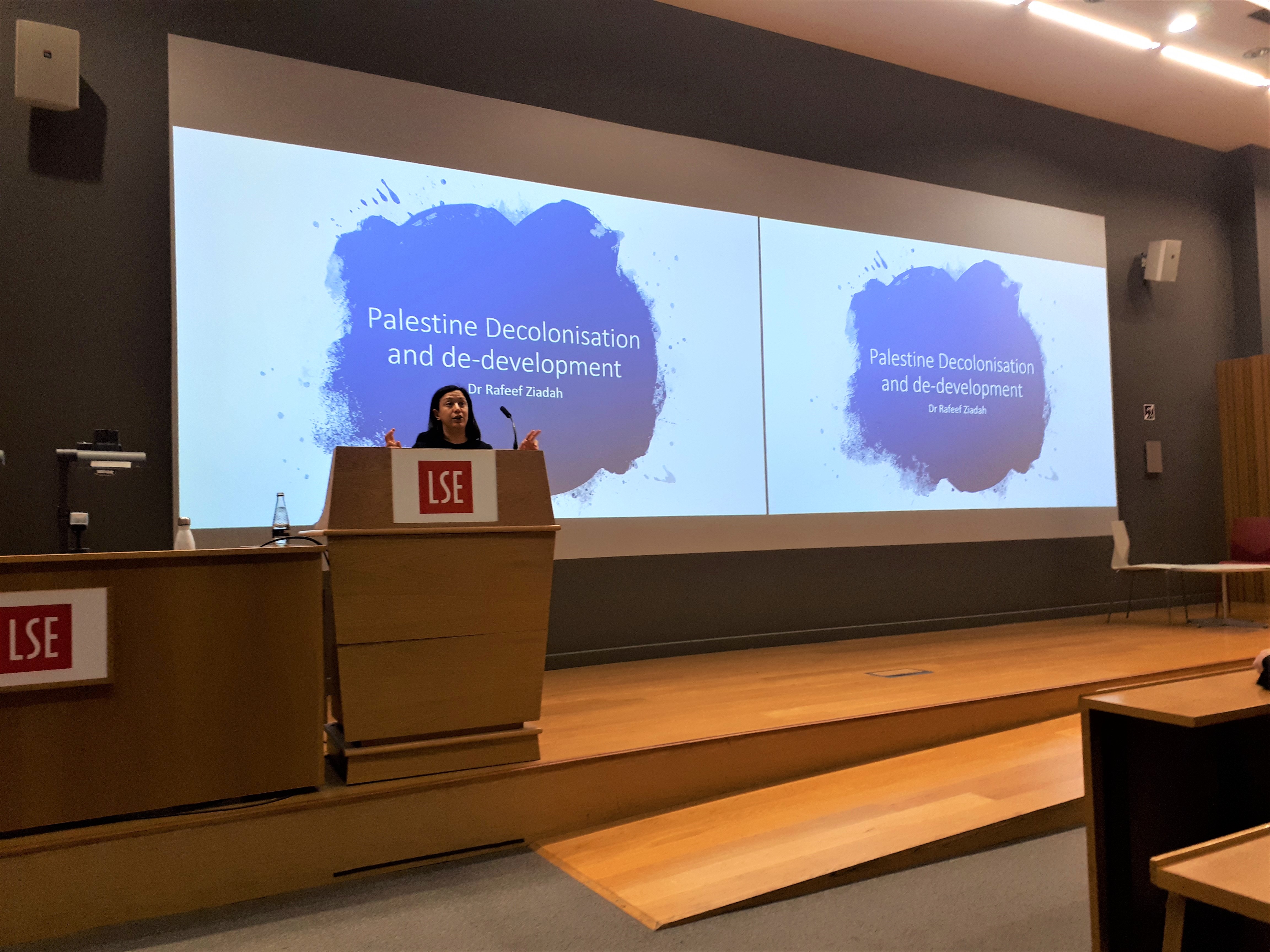Professor Ken Shadlen summaries a recent paper he, Elize Fonseca (FGV-Sao Paulo) and Francisco Bastos (FIOCRUZ) co-authored for the Journal of Latin American Studies, which looks at the role of public health professionals as agents of reform within the Ministry of Health in Brazil.
Integrating the goals of improving health systems with initiatives to foster science and technological (S&T) development is a challenge for developing countries around the globe. In Latin America, a region with a strong presence of local pharmaceutical industries but deep inequalities in access to medicines, the challenges are particularly acute. In a recent article in the Journal of Latin American Studies, we analyse the experience of Brazil in promoting ambitious measures such as technology transfer agreements to meet health requirements and foster local industrial development, through a set of measures referred to as the “Health-Industry Complex” (Complexo Industrial da Saúde, CIS).
Our analyses the set of incremental processes that, over time, culminated in the CIS. Rather than focusing on firm lobbying or the orientations of the leftist Workers Party (PT) governments, factors that are usually credited as the drivers of resurgent industrial policy in contemporary Brazil, we emphasize the activities of a group of bureaucrats within the Ministry of Health. These government officials, with strong roots in academia and public health schools, slowly built S&T institutions within the Ministry of Health, starting in the 1990s, and seized upon new opportunities when they arose under PT rule in the 2000s. They were able to coordinate government departments that usually have little dialogue among themselves, such as the Ministry of Industry, Trade, and Development (MDIC) and the National Development Bank (BNDES). And by using public procurement mechanisms, these health professionals were able to engage the private sector in creating integrated health-industry policies.
Professor Ken Shadlen is Professor in Development Studies and Head of Department in the Department of International Development at the LSE. He works on the comparative and international political economy of development, with a focus on understanding variation in national policy responses to changing global rules. In recent years his research has focused on the global and cross-national politics of intellectual property (IP).
The views expressed in this post are those of the author and in no way reflect those of the International Development LSE blog or the London School of Economics and Political Science.





